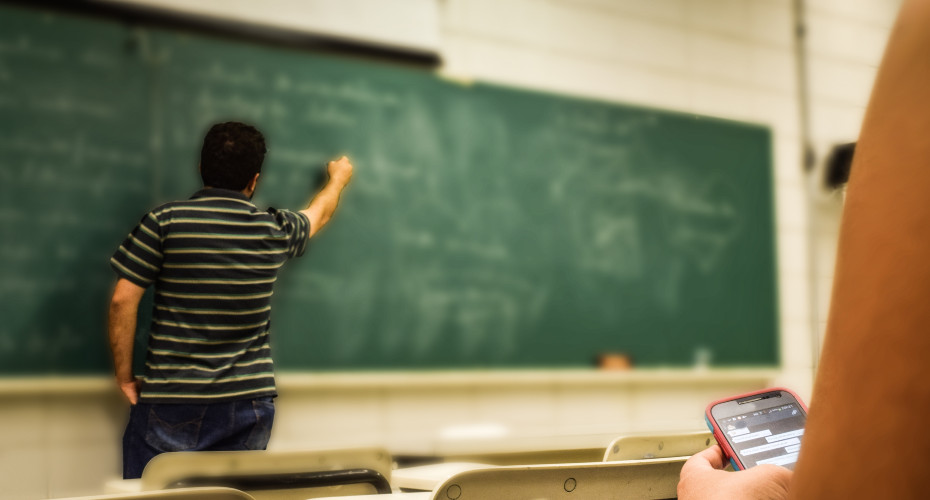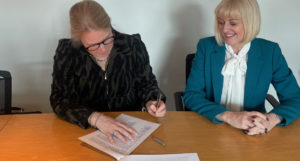Lebanon crisis driving parents to seek unregulated “shadow” education, study shows

The study reinforces the importance of dedicating time to discussion in secondary English lessons
Political and social crisis in Lebanon has forced parents to seek unregulated “shadow” education for their children, a new study shows.
The government’s ongoing neglect of public education is intensifying social inequality, experts have warned.
The current sectarian power-sharing arrangement has led to a diminished focus on schools, fostering privatization.
The study shows how upheavals in Lebanon have exacerbated educational challenges for families across all socioeconomic groups, leading to an increasing reliance on the unregulated shadow education sector, particularly private tutoring.
Public school teachers receiving inadequate support and pay have been forced to become private tutors to supplement their income, often at the expense of their formal teaching duties.
Tamara Al Khalili and Salah Troudi, from the University of Exeter, interviewed ten parents of school-aged children online during 2020 and 2021. They still felt compelled to invest in shadow education to compensate for their children’s learning losses.
The study argues this is exacerbating educational disparities, including on university access. Some older children are considering leaving school to work remotely and support their families.
Dr Al-Khalili said: “Since 2019 newly poor parents have been forced to transfer their children to an underfunded public educational system. Fears of failure in public schools, exacerbated by government neglect of teachers’ rights, often hired for political reasons, have significantly heightened this group’s reliance on private tutoring.
“Although it is unregulated and not officially prohibited, it is increasingly sought after by these disadvantaged parents, who sacrifice their children’s well-being and family happiness to maintain their former habitus. As their ability to afford private education diminishes, they believe that securing their children’s future opportunities depends on it.
“Unfortunately, the situation is unlikely to change soon; however, there is hope for stronger public education, as indicated by national plans to reinforce the public sector and improve teachers’ economic status.”
Dr Troudi said: “Lebanon’s highly privatized educational system and underfunded public schools deprives students of quality education and undermines the teaching profession, deepening educational inequalities and widening the gap between advantaged and disadvantaged students.”
Many teachers continue to be paid in devaluated Lebanese pounds. Government-provided educational vouchers, though still available, have become insufficient to cover rising tuition costs. As private education has become mostly unaffordable, many schools have shifted to low-cost online learning or temporarily shut down and laid off teachers. At the same time, despite the extended closures and severe disruptions, public schools have witnessed an unprecedented influx of students migrating from private schools.
A parent, who recently transferred her children to a nearby public school, said: “many teachers rely on WhatsApp voice messages for lessons, which is completely ineffective. This has placed immense academic pressure on my children, forcing me to hire a tutor to make up for lost learning.’
Another parent said: “my younger daughter, who is in lower primary, is studying through WhatsApp voice messages. You cannot imagine how useless WhatsApp learning is… The children are playing and having fun instead of studying.”
The study highlights the inequalities resulting from a highly privatized educational system that benefits a dwindling group of financially privileged parents while the public system remains severely underfunded and lacking resources. This neglect deprives students of quality education and undermines the teaching profession especially in conflict contexts, deepening educational inequalities and widening the gap between advantaged and disadvantaged students.



